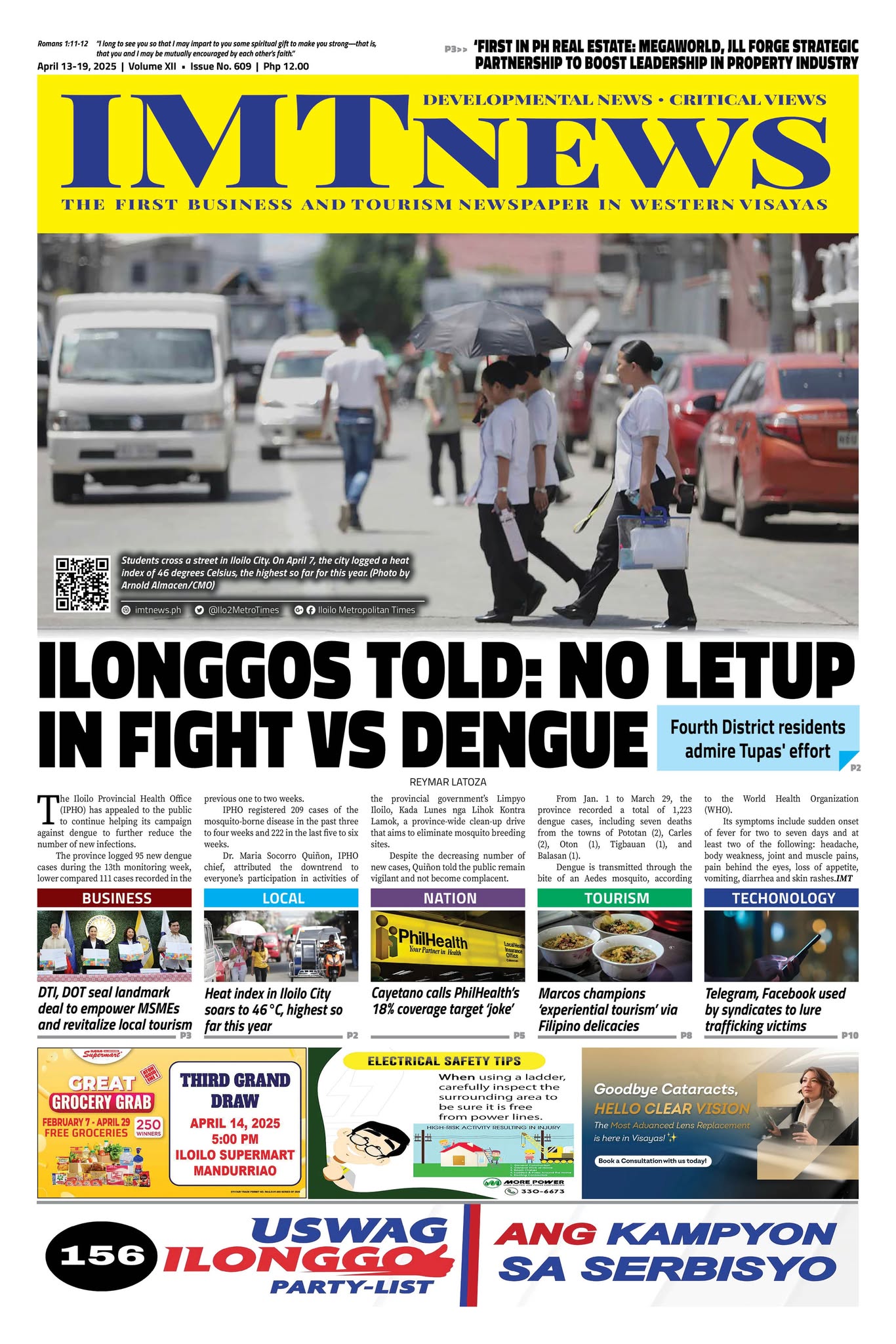It is almost funny how politics, slowness, and bureaucracy can hold health care, a human right, hostage. PhilHealth, the state health insurer, is again in critical condition and awaiting surgery. The new leader must rehabilitate, reclaim public trust, and make universal health care a reality, not an empty promise.
An entity handling billions in medical funding should be transparent and efficient. However, reality suggests otherwise. The transfer of P60 billion in PhilHealth funds to the national treasury and the possibility of losing P29.9 billion prompt the question: Where does the money go? The Universal Health Care (UHC) Act requires those monies to increase health benefits and protect Filipinos, especially the most vulnerable, from out-of-pocket costs. These funds are being diverted to other government programs, leaving hospitals with unpaid claims and members doubting their contributions.
This systemic issue goes beyond missing billions. It affects people who avoid treatment due to medical expenditures. It hurts low-budget hospitals with delayed reimbursements. It affects overworked, underpaid health staff. Despite PhilHealth’s financial buffer, impoverished members lost government subsidies in 2024. This move is illogical. PhilHealth is tightening its belt on the bellies of people in need.
The selection of Dr. Edwin Mercado as PhilHealth president and CEO is risky. Will his medical and managerial skills unravel the agency’s inefficiencies? Will the system engulf him like countless others? He has extensive health economics and hospital administration experience and is Harvard-trained. However, history shows that qualifications do not always lead to reform. Resisting political pressure and making necessary systemic changes will be his true test.
PhilHealth’s longstanding actuarial errors are a major issue. Government actuaries admit the agency’s financial estimates are consistently wrong. PhilHealth either overestimates its reserves and hoards funds instead of expanding benefits or underestimates its demands, causing abrupt financial deficits. Whatever happens, the public suffers. Mercado must require financial forecasting accountability and use every peso wisely if he wants to fix PhilHealth.
Disconnect between PhilHealth and DOH is also troubling. Their overlap and poor coordination cause inefficiencies, redundant programs, and resource waste. Why do hospitals charge more for medicine and lab tests when PhilHealth pays? DOH buys medical equipment, but PhilHealth won’t reimburse. Why? These inconsistencies show countrywide health sector leadership gaps. Improving PhilHealth includes improving its relationship with DOH and other government agencies that should support its mission.
Beyond administrative adjustments, Mercado must address PhilHealth’s decades-old corruption. Fraudulent claims, overpayments, and fictional dialysis patients have plagued the agency. Corruption is a hydra—cut off one head, and two more grow—despite earlier crackdowns. Fund allocation transparency, transaction monitoring, and speedy punishment of corrupt people and institutions must become priorities. The public needs action, not simply news releases promising improvement.
Digitalizing PhilHealth processes is another major issue. Why do hospitals take weeks or months to get reimbursed in an age when technology may simplify services? Why do members have to wait in line to file claims? Digital health insurance systems in some nations make claims processing nearly immediate. Mercado must strive for full digital transformation to reduce red tape, boost efficiency, and reduce corruption to leave a legacy.
The Filipino people’s distrust of PhilHealth drives its dysfunction. Members have faithfully donated for years, only to feel abandoned when they need help. They have heard reform pledges before, yet incompetence and scandals continue. Mercado must involve the public by making policies people-centric, reforms tangible, and health care a right for everyone if he wants to revitalize PhilHealth.
Fixing PhilHealth is crucial. Out-of-pocket health costs are disturbingly high, estimated at roughly half of total medical expenses. Due to this financial load, poor people must choose between therapy and feeding their families. UHC was designed to close this gap, but PhilHealth’s inefficiencies prevented it. Mercado must make health care universal so even marginalized Pinoys can go to hospitals.
Concrete results will determine Mercado’s success, not lofty words or aspirational goals. We will know significant change has occurred if hospitals no longer struggle with delayed payments, members find it easier to receive benefits, and PhilHealth’s finances are stable and transparent in a few years. Skepticism is advised till then, for we have been burned too often.
Well-managed health insurance goes beyond numbers, policies, and politics. There are patients who need care, families dealing with medical bills, and health professionals who deserve decent pay. If PhilHealth becomes a bureaucracy rather than a lifeline for millions, no amount of leadership change will suffice. For years, the alarm has rung. Let us hope someone wakes up this time.
Doc H fondly describes himself as a ‘student of and for life’ who, like many others, aspires to a life-giving and why-driven world grounded in social justice and the pursuit of happiness. His views do not necessarily reflect those of the institutions he is employed or connected with.







